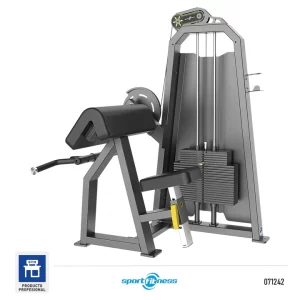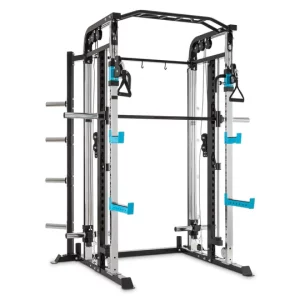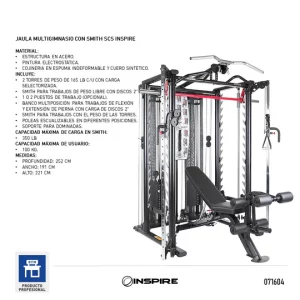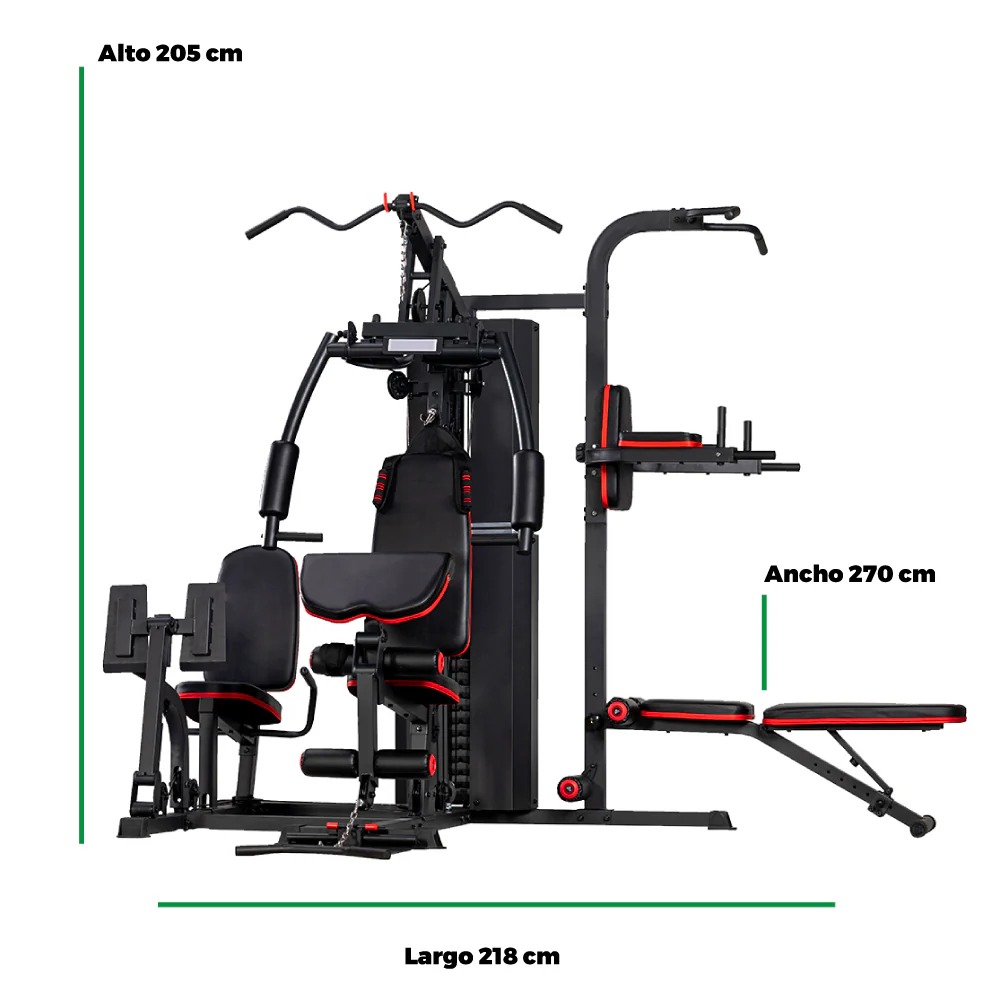Características del Producto
| Peso | 72 kg |
|---|---|
| Dimensiones | 205 × 270 × 218 cm |
$6.207.000 Original price was: $6.207.000.$5.260.000Current price is: $5.260.000. IVA
Permite el fortalecimiento muscular a través de las diferentes combinaciones de ejercicio. Pecho, hombro, pierna, biceps, triceps, abdomen.
| Peso | 72 kg |
|---|---|
| Dimensiones | 205 × 270 × 218 cm |




Debes acceder para publicar una reseña.


Calificación
No hay Calificación aún.